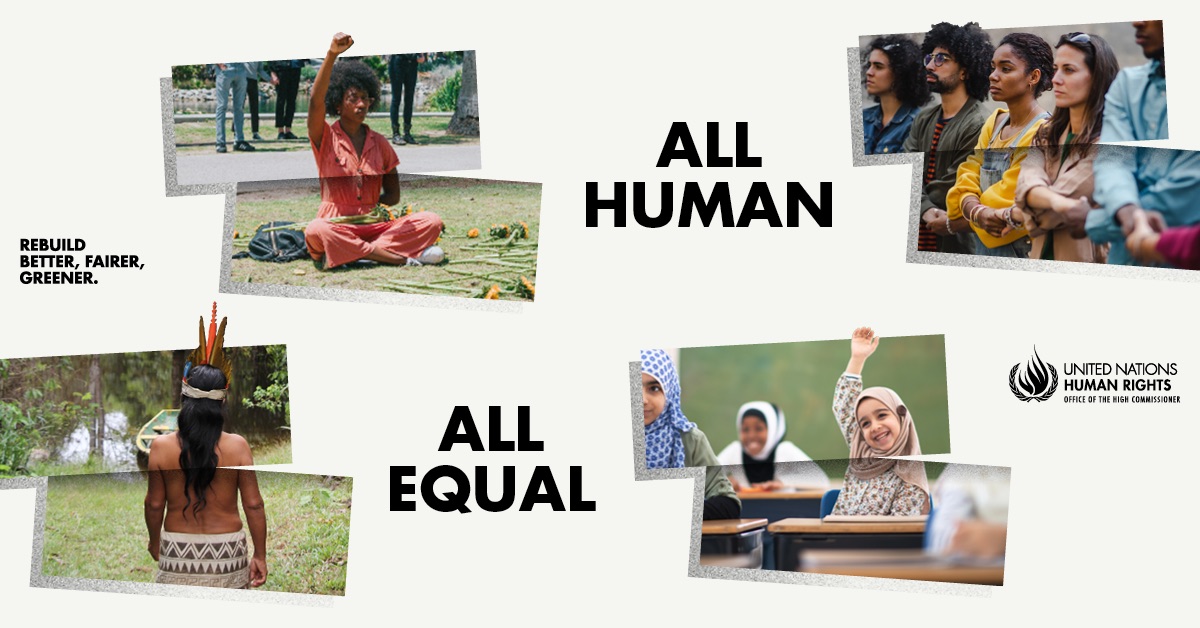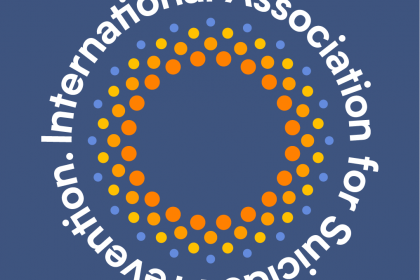This year, International Human Rights Day is observed under the theme of “Equality - Reducing inequalities, advancing human rights”. The human right to mental health is a matter of ever-increasing importance, despite involving a long-standing history of inequality.
While progress has been made in recent years, there is still a long way to go. The successful repeal or supersedence of legislation criminalising suicide in many countries has led the way for legal and policy environments that acknowledge the autonomy, agency and dignity of individuals experiencing mental health issues. However, suicidal behaviour remains a criminal offence in at least 20 countries worldwide and such an offence brings with it strict legal ramifications for individuals and their families including arrest, prosecution, and punishments including hefty fines or in some cases, imprisonment up to 3 years.
Assuming one of the main intentions of such harsh legislation is to deter individuals from taking their life, evidence shows criminalisation to be counterproductive in preventing suicide and instead creates a major barrier to help-seeking for vulnerable individuals in crisis. It is a significant factor in stigmatising mental health and impedes suicide prevention efforts. For this reason, it is essential that progressive, rights-based mental health legislation and policies are enacted to ensure that all individuals are protected against discrimination, victimisation, and marginalisation.
A fundamental part of our global policy and advocacy work at the International Association for Suicide Prevention (IASP) is based on strengthening the forum of expertise that can provide a range of support in the development of global policies and national strategies. IASP supports the decriminalisation of suicidal behaviour globally so as not to penalise those who attempt suicide or the families bereaved by suicide. To achieve a more inclusive and accepting society, it is vital that we break down the major barriers and support those individuals suffering to come forward for help in their time of need.
Through the IASP Special Working Group (SWG) on the Decriminalisation of Suicidal Behaviour, we endeavour to identify and support the implementation of effective approaches to advocating for the decriminalisation of suicidal behaviour (to relevant international and national authorities (e.g., WHO, governments, professional associations, NGOs etc.) In doing so, the group seeks to work with representatives of countries where suicidal behaviour is currently illegal or punishable to provide support by means of providing evidence-informed documentation, protocols, letters and endorsements of support for those lobbying their governments to decriminalise suicidal behaviour. National and international experts in legal, cultural and religious aspects of suicidal behaviour and suicide prevention, who wish to contribute to this work are encouraged and welcome to join the SWG encourage and we invite expressions of interest via admin@iasp.info.
In a similar vein, IASP co-chair the Global Mental Health Action Network Suicide Decriminalisation Working Group, together with United for Global Mental Health focusing on bringing together all those working across the world to decriminalise suicide to support coalitions and lobby groups in countries wherein suicidal behaviour remains a criminal offence by conducting advocacy campaigns and sharing effective strategies that have instigated legislation reform elsewhere. This is an open working group that welcomes new members who are interested in working together to advocate for improved political support for mental health across the world.
Ultimately, we all have a role to play in promoting equal rights and ensuring that no one is left behind. This is your opportunity to play a part. Please join the mission to ensure the right to mental health for all.





